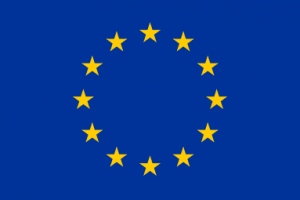"Lenses for tomorrow" is our podcast, exploring FEDORA's three main topics: interdisciplinarity, creativity -new languages- and future thinking. Our interviewees on this occasion are Raminta Pucetaite from the Kaunas University of Technology and Shulamit Kapon, a Technion University of Technology professor from Israel. Together, they share their views about the role of disciplines, how boundaries help us to build identities and what brings science education moving beyond these borders, aiming for a more interdisciplinar practice of education.
Enjoy it!
"Views from the Lab" is Pearson‘s podcast, and here you can listen to the in-depth conversation led by Andy Woods, presenter of Pearson Edexcel Science. In this episode, Andy Woods talks to Professor Sibel Erduran from the University of Oxford's education department and FEDORA's expert in charge of the policy aspects of our project. Professor Erduran explains the aims of FEDORA, as what knowledge, skills, attitudes, and values will today’s students need to thrive in and shape their world. In addition, they discuss how we can develop students into informed ‘citizens of science’ grappling with concepts in a world of fast-paced change and how can we help understand the big picture of science, meaning values, contexts and a whole environment where science thrives and happens.
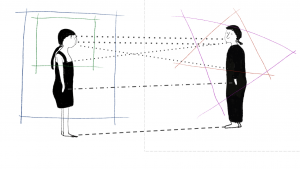
"Lenses for tomorrow" is our FEDORA's podcast and it has just been launched. We are thrilled to share with you the launch of the first of a series of 5 episodes that explores FEDORA's three main topics: interdisciplinarity, creativity -new languages- and future thinking. Our interviewees on this occasion Olivia Levrini, FEDORA Coordinator and Professor at the University of Bologna and Richard A. Dushl, from our advisory board.
Don't miss it and spread the word!
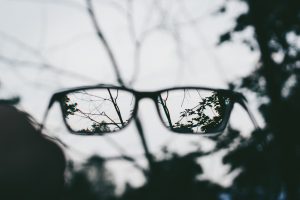
Photo by Andrik Langfield on Unsplash
A closer look into our Round Table on Proactive anticipatory policies
With the participation of more than 50 researchers, professionals and students, the roundtable organised by FEDORA last Thursday 3 November at the University of Bologna conveyed a myriad of reflections through the contributions of its 4 keynote speakers and the conversations sparked during the event. Facilitated by Dr Antti Laherto, professor in Science Education at the University of Helsinki, the event kicked off with a presentation by Dr Olivia Leverini, Coordinator and Lead of the FEDORA project. She walked the audience through the main components and achievements of the EU-funded project, which is looking deeply into the dissonances between the historic science education models and the needs and questions of modern societies. The bottom line is how to grasp the future and enable action and agency in the present through science education.
Dr Levrini highlighted that the studies, interviews and surveys deeply tried to understand interdisciplinarity from different angles and the fact that we need disciplines. They are lenses through which we can look from diverse perspectives and help to understand boundaries and moreover, inhabit boundaries. Metaphors become helpful to bring understanding to the complexity of where we live and it is here where new languages are needed and are invited to guide us through possible paths that foster actions in the present, thinking into the future.
Each of the invited speakers contributed from their field of expertise to what the conference aimed for: an active exchange of different perspectives, coming from transdisciplinary fields of work.
A poster session was installed on one side of the auditorium and participants were invited to share their thoughts and questions, while looking at the answers given by the public on "Postcards for the future".
You can enjoy the video, which summarises the whole event: Video FEDORA roundtable and our gallery with a selection of pictures of the day!
On the next day, the FEDORA project participated in the Conference on Interdisciplinarity in STEM Education organised by the IDENTITIES project. It was a synergy action that brought together 6 different European projects that are researching different aspects of science education and open schooling. For more information, please visit https://identitiesproject.eu/conference-on-interdisciplinarity-in-stem-education/
FEDORA's work on the blind spots in science education has been summarised in these Learning Briefs, which present the work on Interdisciplinarity (WP1), New Languages (WP2) and Futurisation (WP3). They show the issue addressed, the framework showing the underlying principles and the working flow and recommendations.
You can download them here:
Learning brief on Interdisciplinarity
Learning brief on New Languages
Learning brief on Futurisation
The FEDORA partnership is inviting all professionals and researchers interested to the policy-oriented roundtable entitled “Proactive anticipatory policies on science education and sustainability” that will take place on Thursday, November 3rd at 4 p.m. Aula Prodi, Piazza di San Giovanni in Monte, Bologna.
The roundtable will be chaired by Dr Antti Laherto from the University of Helsinki and will consider the participation of:
Following the roundtable, the impact of FEDORA’s project on local and European policies will be discussed. The event will end with a social reception.
Before the roundtable, starting at 3 p.m., the participants are invited to visit the project’s exhibits and the poster session and discuss personally with the researchers involved.
Local policymakers such as mayors, council members, heads of schools and universities, researchers, and pre-and in-service teachers are particularly welcome to this event which aims at initiating synergies at local and European levels.
Registration to the event is free: https://forms.gle/g7dBGqqBUy5nuWMHA.
On Friday, November 4th, at the same venue, the FEDORA project will participate in the Conference on Interdisciplinarity in STEM Education organised by the IDENTITIES project. More information at this link: https://identitiesproject.eu/conference-on-interdisciplinarity-in-stem-education/
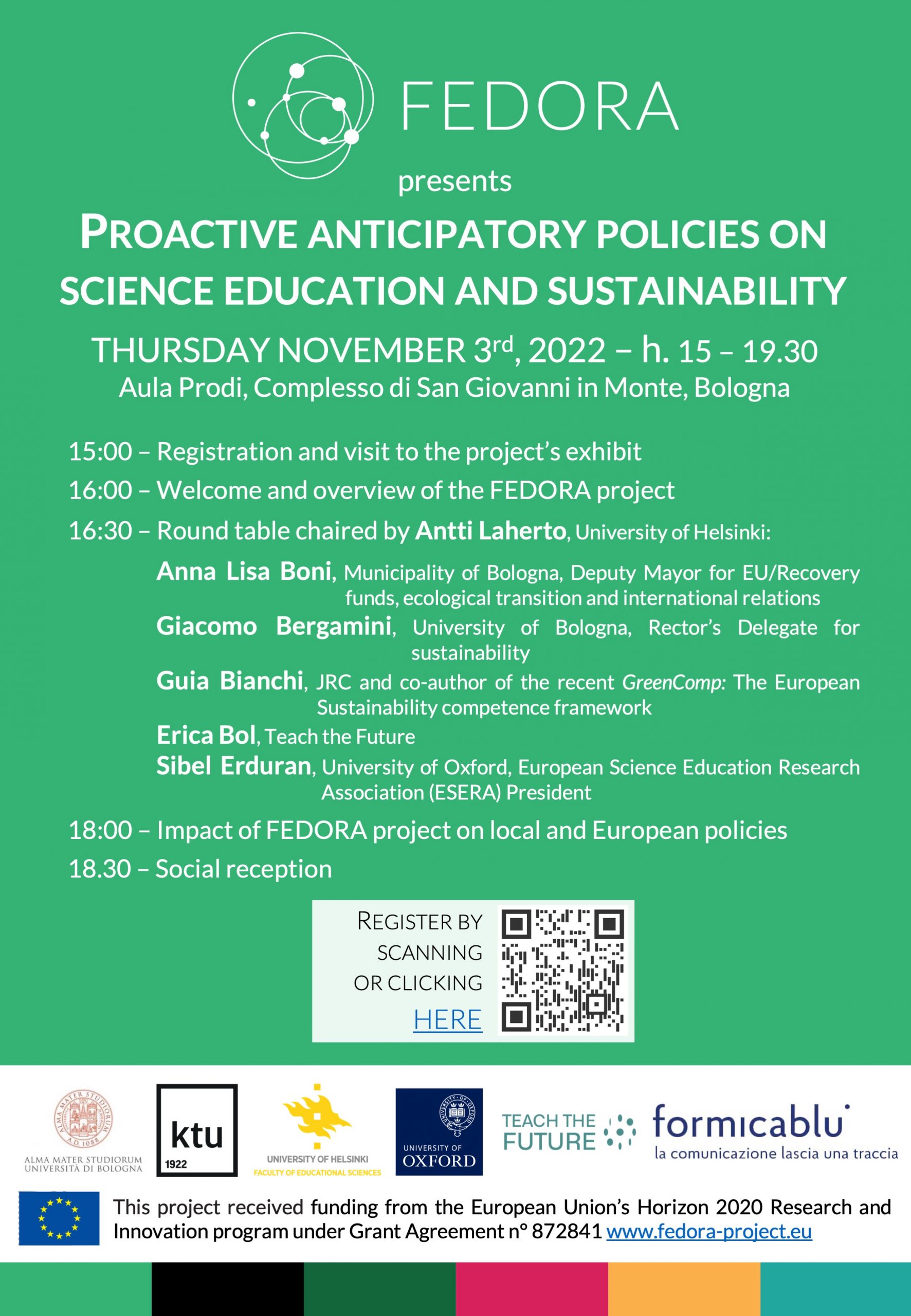
The vibrant city of Kaunas, 2002 European City of Culture and its Kaunas University of Technology hosted the first in-person meeting of the FEDORA project. After two years of online and very well-coordinated work, we had the time for conversations and dialogue face to face and this was celebrated by each of the participants. With 16 experts in the field of science education, the meeting went through a very content-rich agenda, prepared by FEDORA's coordinator Olivia Levrini and the hosts Raminta Pucetaite and Rimantas Rauleckas, from the Faculty of Social Sciences, Arts and Humanities.
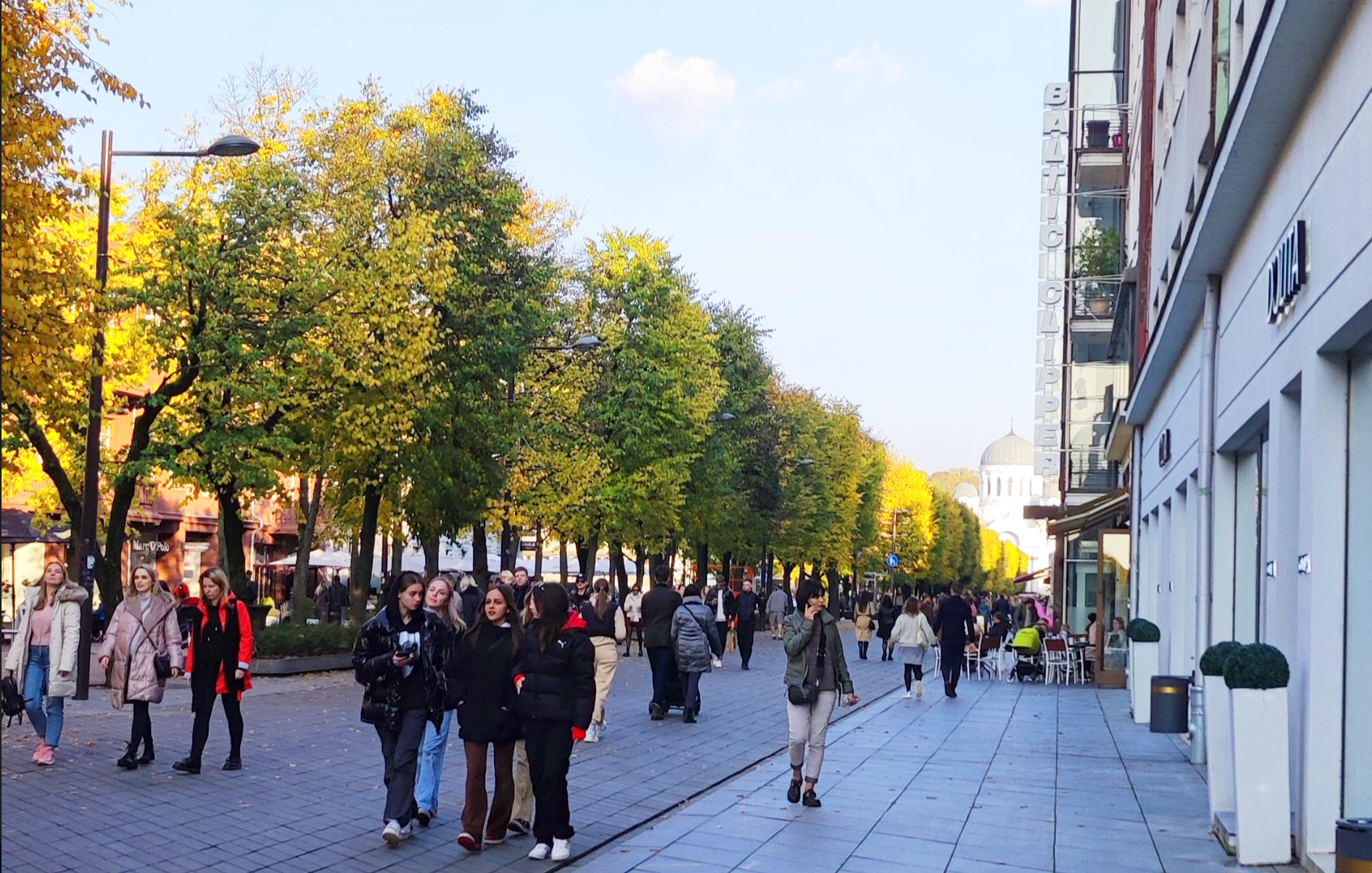
The main topic of the meeting was to craft a common vision and a clear path for the results we want to achieve during the last year of the project. An important milestone is ahead of us: On the 3-4 of November, in Bologna, we will hold our first policy event and in May next year, we will share the final outcomes at the FEDORA Conference in Brussels. The contents and the way we will share them were the main themes of the discussions. And of course, the desired futures for the project were part of them as well.
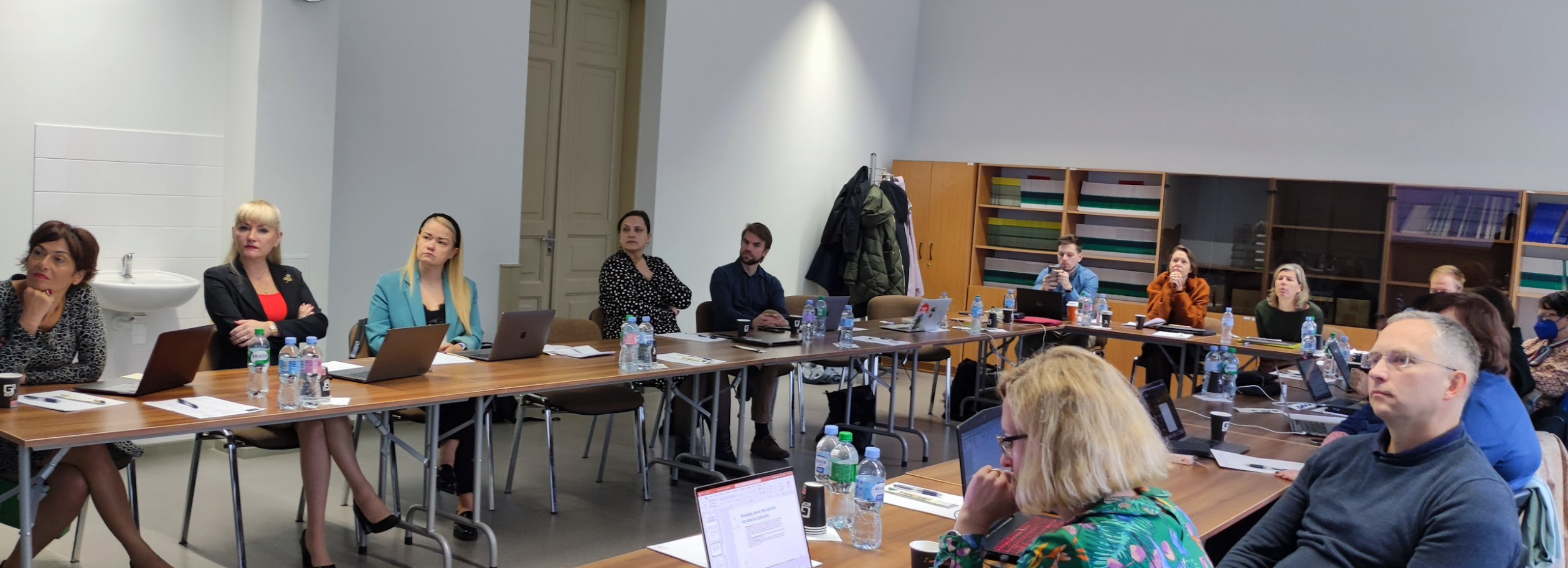
The agenda included a visit to the Čiurlionis National Art Museum, where fiction, metaphors and sharp messages about these times melted in compelling works of art.
PHERECLOS was a shipbuilder in Greek mythology, whose fleet helped to cross unknown passages in the Mediterranean Sea and combat foreign enemies at the time of ancient Greeks. In modern times, an asteroid was given the name of this Greek artisan, a Jupiter trojan in a far-afield orbit around the sun.
This was the 3-years guiding image that brought together the 15 partner organisations into a united but diverse vision of how to support the Open Schooling movement in the PHERECLOS EU project, funded by Horizon 2020. The project was aiming to combine the incubatory role of Children’s Universities with the understanding of Science Capital and a commitment to an Open School culture. All PHERECLOS partner organisations have long-lasting experience in these fields and cover relevant views on these issues from different stakeholder perspectives.
Its final conference was hosted by the National University of Agronomy USAMV in Bucharest, Romania, between 7-9 September. Keynotes, workshops, open spaces and overall a very open and reflective atmosphere were backstage for these 3 days of inspiration and practical learning. The networking opportunities and the fact of having so many open schooling practitioners were two relevant aspects that brought us FEDORA, to Bucharest. We also showed some of our metaphors through our printed posters and postcards and shared the freshly-launched manifesto. We participated in two workshops as well, sharing closely with other participants representing schools and universities: Empowering scientists and scholars for OS. Sharing practices, and discussing problems led by Paola Rodari, from Sissa Medialab in Trieste Italy and Parental Engagement through STEAM, led by Judit Horgas, from Parents for Science Association.
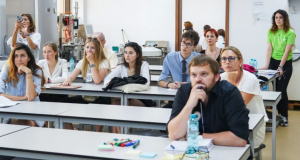 (Source: www.phereclos.eu)
(Source: www.phereclos.eu)
The first keynote “Another brick in the wall” presented by Claudia Aguirre, director of Traces Association in Paris, France, stressed the importance of relevance, as a driving force for commitment, collaboration and transformation. The second keynote was held by Peter Gray. In his “Precise but vague: the European Commission and its educational interventions, 2007-2022” talk, he challenged the audience with some insights about the impact of the EC intentioned support for more than a decade and how the field has now well-connected actors, experiences, experts ready for the awaited transformations.
The project has a myriad of resources on its website and launched a content-rich White Book on Open Schooling: A reference guide https://www.phereclos.eu/wp-content/uploads/2020/10/PHERECLOS-WHITE-BOOK.pdf
‘Let’s explore the future, it is unknown and exciting’ - quote from a workshop in Breda, NL.
We are delighted to share our Manifesto for Future-oriented Science Education! In this 7-page document, you will find 10 recommendations to set the tone and foster future-oriented discussions and spaces, especially in your classroom. You will also get familiar with the context that explains why FEDORA has been busy thinking, reflecting and researching what can make education in science more in tune with the future.
Future-oriented science education manifesto PDF
Futures-oriented science education manifesto _ Printable version
We recognise a significant overlap exists between futures thinking skills and scientific competencies, such as problem-solving and critical and creative thinking. However, extending the scientific competencies with additional skills related to futures thinking, like time perspective, agency beliefs, openness to alternatives, systems perception, and concern for others, will further enrich science education and prepare students for tomorrow. This is our take on this and we extend the invitation to open spaces for dialogue about these topics. Watch our animations that will further support these conversations: Teach the future!
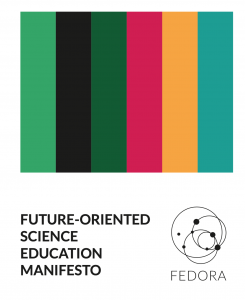
Computational simulations are fundamental tools not only for scientific research but also for education. They are frequently used as virtual laboratories to foster students’ understanding of the theoretical concepts that lie at the basis of the simulated systems. Recent research works in STEM education have started to explore the potential of simulations as future-oriented objects, to support students in the development of future scenarios for real-world situations.
In a recent paper published on Frontiers, for the special issue on Future-Oriented Science Education for Agency and Sustainable Development, Eleonora Barelli, post-doc researcher at the University of Bologna, presents a teaching-learning module targeted to upper high-school students on simulations of complex systems. Following the core ideas of the FEDORA project, the peculiarity of this course is that by guiding the students through the conceptual and epistemological analysis of some computational agent-based models, the author was able to ground on these disciplinary bases the introduction of key concepts of the futures studies, like that of scenario.
This paper addresses an original future-oriented activity in which the students were required to choose an urgent problem of their interest, imagine possible and desirable scenarios based on a simulation and identify the sequence of actions to be undertaken to reach the preferable future. In presenting the results of the module’s implementation, the focus is narrowed down to two groups of students who spontaneously decided to address a problem related to the current educational system.
From the analysis of the students’ discourses, it is shown how the students suffer a great problem of anxiety about their school performance and imagine that this can be mitigated in the school in the future. They see the importance of the role of technology in school innovation but also that no innovation is possible if school knowledge is not re-thought of its times and forms. The students dream about a school as a place for relationships and that can become at the centre of the youngsters’ routine. In particular, students deeply recognize the power of their own agency and that of their teachers in the process of school transformation and hope that the tragedy of a pandemic can be transformed into an opportunity to trigger change.
However, the school that the students imagine as their desirable one is not idealized as a utopia. The participants were able to see a scenario - even the preferred one - as a complex interaction of many stakeholders and as a tension between opposite interests that the different agents have regarding a topic. The scenarios envisioned by the students are authentically sustainable.
Read more about the methods and findings of this study in the research paper “Imagining the School of the Future Through Computational Simulations: Scenarios’ Sustainability and Agency as Keywords”.
Photo by Annie Spratt on Unsplash
